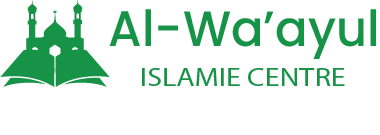Question:
What is Waqf?
Answer:
WAQF is a sustainable, ongoing charitable endowment (such as Sadaqah Jariyah). In Islamic terms, it is a religious endowment. This voluntary action is an ongoing dedication of one’s wealth to benefit a community. An example of this would be to build a hospital or a school. A person can’t own a Waqf donation and it isn’t something that can be sold. The benefits of this donation continues through generations. Waqf Funds s are invested in sharia compliant investments and the profits are then used to support community development work, as well as a re-invested, to ensure it keeps growing, year-on-year. The investments must be for the benefit of the public. Waqf can be used for a range of purposes for the benefit of a community, including: Learning institutes – schools and universities; Plots of land: Mosques; Companies/Businesses; Hospitals – including doctors’ salaries, medicine, equipment and repairs; Medical schools – including building maintenance and salaries.
- Does the Centre have Waqf fund?
The Centre, in collaboration with the Office of Madina West Chief Imam, Council of Ulama (Madina West), and Conference of Imams of Madina West, has instituted a Waqf fund for the Ghanaian Muslim Ummah. The purpose is to sustainable funding for the socio-economic development of of the Ummah.
